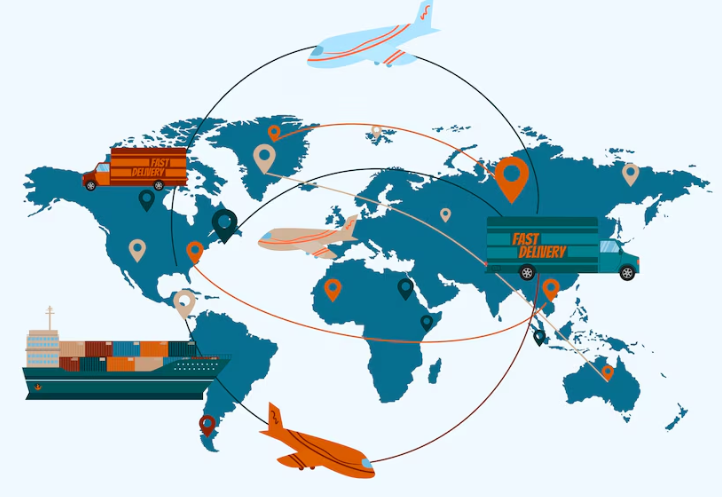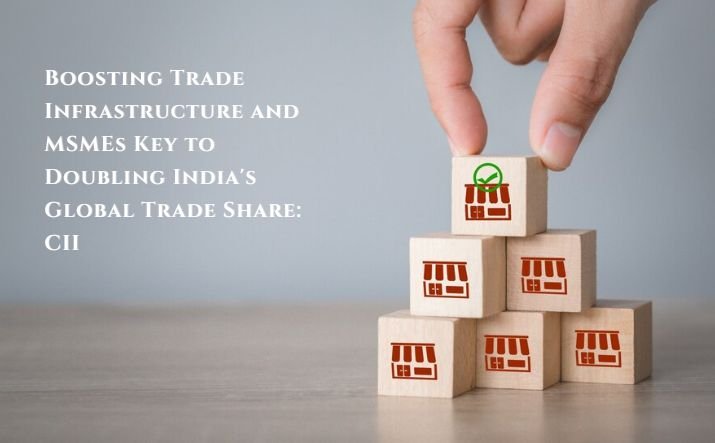Enhanced integration into global value chains and a focus on building the competitiveness of MSMEs are essential for India to more than double its share in global trade from the current 2%, according to the Confederation of Indian Industry (CII).
Sanjay Budhia, Chairman of the CII national committee on EXIM, emphasized the need for deeper integration into global value chains and improved digital trade infrastructure. He also highlighted the importance of enhancing the competitiveness of MSMEs to address challenges hindering manufacturing and export growth.
Budhia suggested creating a common online portal for issuing circulars related to various ports and locations to further enhance export potential. He also called for the adoption of best practices from developed countries and the implementation of the CAARR (Customs Authority on Advance Ruling) Regulation, 2021, to reduce global trade costs and bring certainty to duty liability.

Budhia pointed out that strengthening the AEO (authorized economic operator) program has boosted exporters’ confidence by reducing their processing time. Additionally, he proposed measures to streamline the refund process and reduce litigation, such as processing refunds without requiring appeals when there is no dispute between the department and the importer.
Aligning India’s tax system with global best practices has improved business efficiency. Many of India’s trading partners, like the European Union and ASEAN, have similar VAT-based tax structures, facilitating cross-border transactions for Indian businesses.
Overall, these initiatives are crucial for India to enhance its trade infrastructure, boost MSME competitiveness, and ultimately increase its share in global trade.



